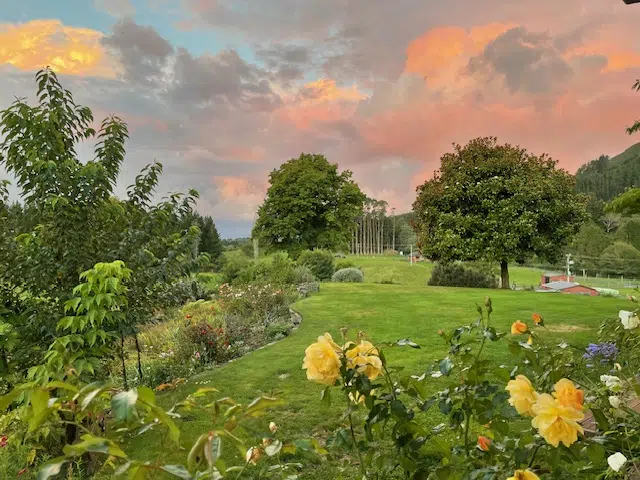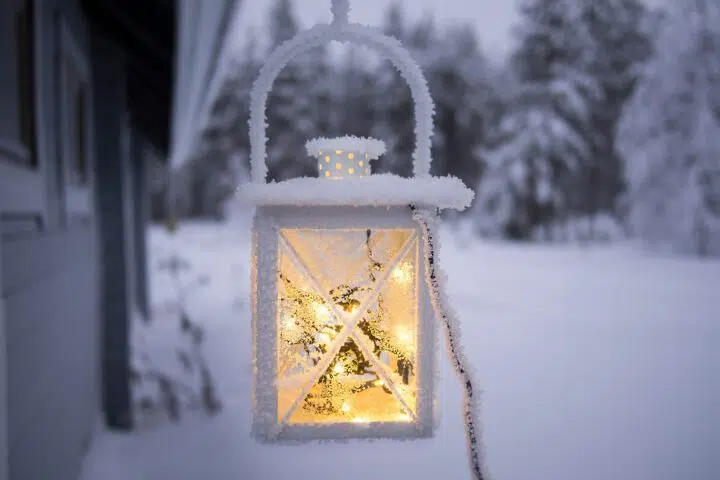We recently returned from a four-week trip to New Zealand. We’d arranged our air fare, car rental, and lodging in advance, but had intentionally planned nothing else. We’ve discovered on these longer trips a distinct freedom in going with no set expectations. There were certain things we hoped to see while we were there, and many things we didn’t even know existed until after we’d arrived.
Each evening, we’d take a look at the weather for the next day and gauge whether we were in the mood to do a lot or a little, to be outside or inside, etc. We’d also arranged to spend three to four nights in each location to allow us the most time and opportunity to see and do everything that area had to offer. In the end, we saw so many beautiful sites, learned a lot about the New Zealand and Māori cultures, ate some amazing meals, and came home with no regrets.
But we noticed something else, too. We slept like babies on this trip, despite changing beds so often. We took our travel-size white noise machines and adjusted our sleep schedule a bit, and maybe those things helped. There was none of that waking in the middle of the night and not being able to go back to sleep. No racing thoughts or nagging worries pestering us at 3:00 a.m. Maybe that was partly because, other than driving on the other side of the road, our stress was minimal. Maybe it was because we were half a world away from our troubles and concerns. Maybe it was because we didn’t need to check e-mail or social media, and the time change made it too cumbersome to send very many texts.
Of course, as soon as we got home, all those daily distractions returned. And so did our interrupted sleep. I was speaking to a friend about this, and she asked what I thought was different about being in “vacation mode.”
Two things really. The first is obvious. Designated vacations send a message to our brains that they’re allowed to take some time off. In fact, they’re expected to. Relaxation is the focus. But I think it’s also when we’re on vacation, we’re looking for the beauty in the world. We’re paying more attention when people talk, partly to decipher and enjoy their accents, and partly to receive their help or knowledge. On vacation, we’re so focused on the simple act of navigating a new place, there’s no brain space or energy left for anything else. More importantly, we wander into each day with an expectation that it will be special.
I do believe it would help if I could approach every day with that same expectation. It would certainly lower my already raised stress level. But I also acknowledge that daily life issues are far more difficult sometimes than figuring out how to count out cash in a foreign currency. Adulting is hard, as my grown children love to remind me, and virtually every day since I’ve been home has presented me with a new challenge or frustration.
But humans were bestowed a special gift – memory. It’s entirely possible for me to close my eyes, breathe deeply, and transport myself back to that white sand beach, or that boat ride through the Milford Sound, or that charming little park we stumbled upon at exactly the moment we wanted to eat the sandwiches we’d packed.
Vacations don’t take our problems and worries away, but they give us a much-needed respite and remind us the worlds of our memories or imaginations are every bit as real as the world in which we are living now, so why not visit them often?
If you like this post, please share and credit Teresa and Bursts of Brilliance for a Creative Life blog



